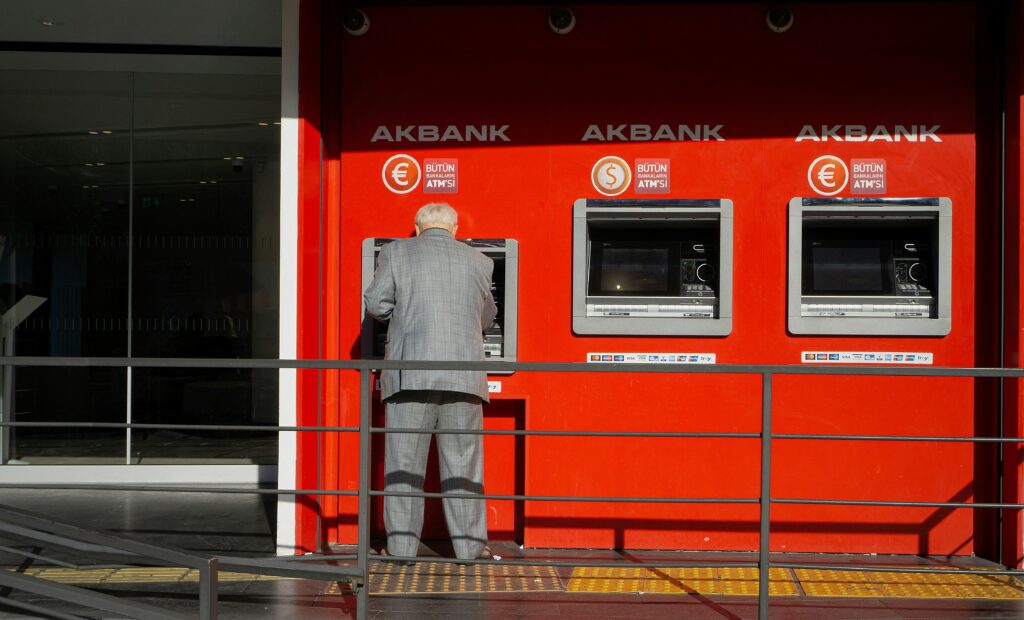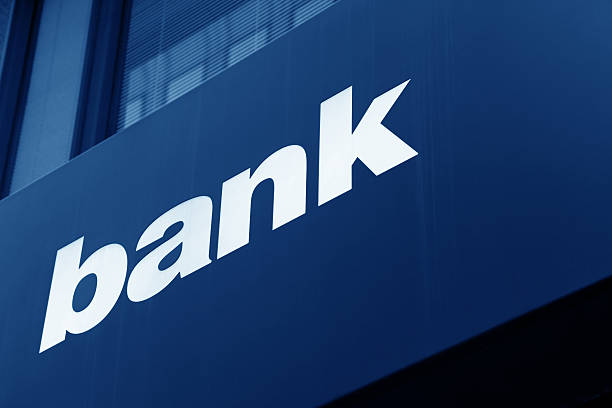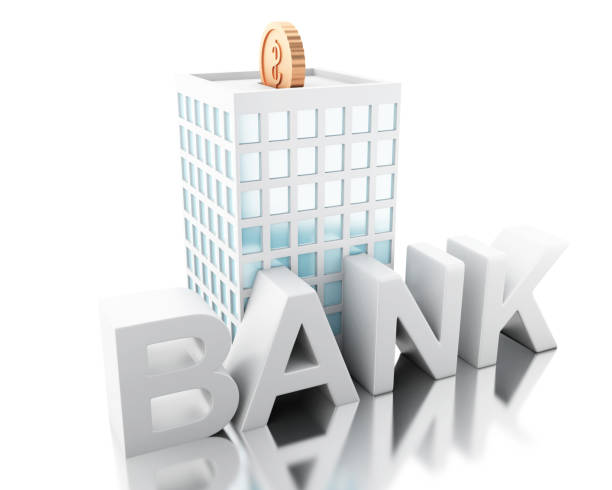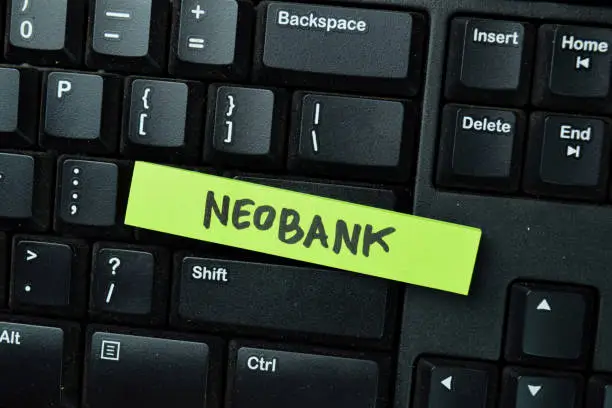Transferring money from the Philippines to Africa presents special opportunities and challenges, but the good news is that modern technology has made the process simpler and cheaper than ever before. In this guide, we’ll examine the most effective ways to transfer cash to Africa, taking into account costs, speed, convenience, and reliability. In today’s globalized world, the need for effortless payments abroad has never been greater.

Understanding the landscape of money transfers
In the past, transferring money to Africa required complicated processes, high costs, and protracted processing delays. However, cross-continental cash transfers are now easier because of the growth of digital platforms, financial technology (fintech) firms, and heightened competition. Bank transfers, internet services, mobile wallets, and cash remittance firms are just a few of the alternatives available today to meet diverse demands. Let’s dissect the main techniques.
Online money transfer services
The transformation in international remittances is being led by online cash transfer companies. Businesses that provide quick, transparent, and reasonably priced services include Wise (previously TransferWise), Remitly, and WorldRemit. Here’s why they’re frequently the greatest option:
- Low fees
For overseas transactions, conventional lenders impose significant costs. Online platforms, on the other hand, provide affordable prices with little hidden fees.
- Transparency
You are aware of the precise amount that the receiver will get thanks to real-time exchange rate adjustments.
- Speed
Depending on the platform, transfers usually take a few hours or a few days to complete.
For instance, because of its wide network, which enables users to withdraw money from associate banks, smartphones, or collection sites, WorldRemit is very well-liked for transferring cash to African nations.
Mobile money platforms
With services like M-Pesa in Kenya and MTN Mobile Money in Ghana allowing masses of consumers to make monetary transactions without regular bank accounts, Africa is a global leader in the acceptance of mobile money. Compared to other ways, sending money straight to a mobile wallet is frequently quicker and more convenient.
This entails using portals that link to African mobile wallets for Filipinos. For example, in several African nations, Remitly and Xoom, a PayPal service, enable transactions straight to mobile wallets. The benefits consist of:
- Instant transfers
The money is very instantly available to the recipients.
- Accessibility
Underserved and remote communities are reached via mobile wallets.
- Cost-effective
Less expensive than cash remittance services in terms of transaction costs.
Cryptocurrency
Cryptocurrency is becoming more and more popular as a cutting-edge alternative to conventional banking systems for sending money abroad. Direct peer-to-peer (P2P) transactions are made possible by platforms like Binance Pay and Paxful, which provide low costs and almost immediate processing times.
Pros:
- Ultra-low fees compared to traditional methods.
- Fast transactions, especially for cross-continental transfers.
- Decentralized and secure.
Cons:
- Requires both sender and recipient to have cryptocurrency wallets.
- Exchange rates for cryptocurrencies can be volatile.
Cryptocurrency can be a practical and economical option if both you and the recipient are proficient in technology and at ease utilizing digital currencies.
Traditional cash remittance companies
In the remittance sector, businesses like MoneyGram and Western Union have long been reputable brands. They provide unmatched reach, particularly in rural and isolated locations where financial and cellphone service may be scarce, even if they might not always be the fastest or least expensive choice.
Benefits:
- Widely available in both the Philippines and Africa.
- Options for cash pickups, bank deposits, or mobile wallet transfers.
Drawbacks:
- Higher fees compared to digital platforms.
- Slower processing times for some transactions.
For people without a connection to online resources or banking systems, traditional cash transfer services continue to be a good option.
Key considerations when choosing a transfer method
Take into account the following while choosing the transfer method that best suits your needs:
- Fees and exchange rates
Seek out sites that provide affordable prices without any additional fees. To compare several suppliers, use online calculators.
- Speed
Give priority to providers that provide same-day or quick transfers if time is of the essence.
- Convenience
Take into account the service’s usability for both the sender and the recipient.
- Security
Verify if the platform has a license and is subject to financial authorities’ regulations.
Recommended strategy
For the majority of customers, the optimal mix of cost, speed, and simplicity is offered by an array of mobile wallets and online transfer services. For example, a sender in the Philippines might send money straight to a Kenyan M-Pesa mobile wallet via WorldRemit. This approach is quick, easy to use, and reasonably priced.
Conclusion
The procedure of sending money from the Philippines to Africa doesn’t have to be difficult or costly anymore. Utilizing cutting-edge technologies such as mobile money, internet transfer services, or even cryptocurrencies may guarantee that your money gets to its destination swiftly, safely, and reasonably. Your particular demands will determine which option is best for you, but with a little study, you can minimize bother and maximize value. You have the resources at your fingertips to make every transaction matter, whether you’re investing in Africa’s growing prospects, helping loved ones, or paying for school.
You may also find these articles helpful
The transaction cost of Decentraland
The transaction cost of Filecoin
Advantages and disadvantages of EOS





